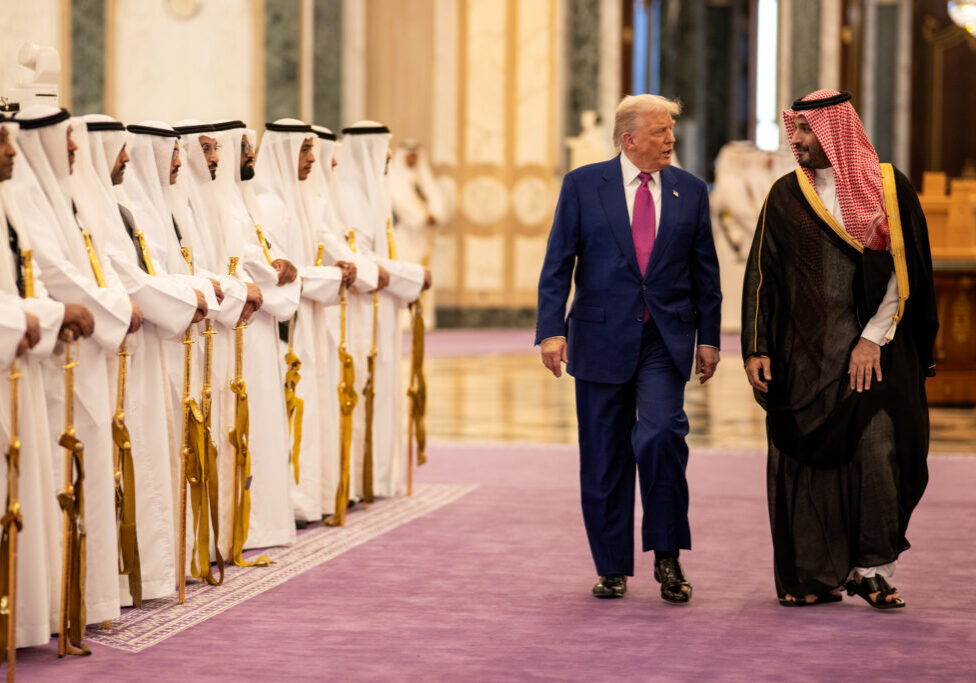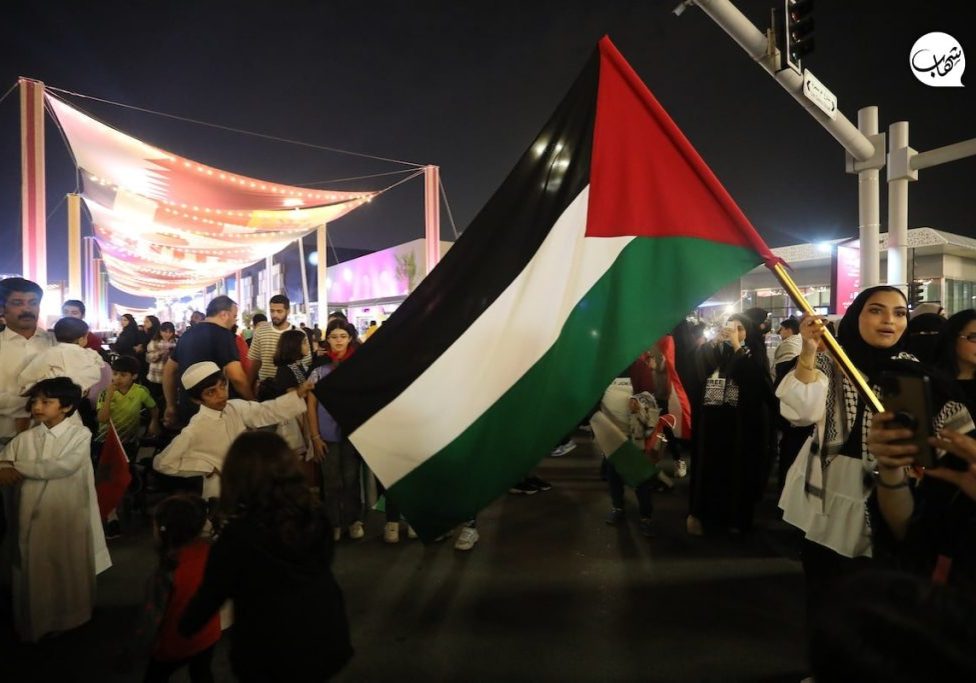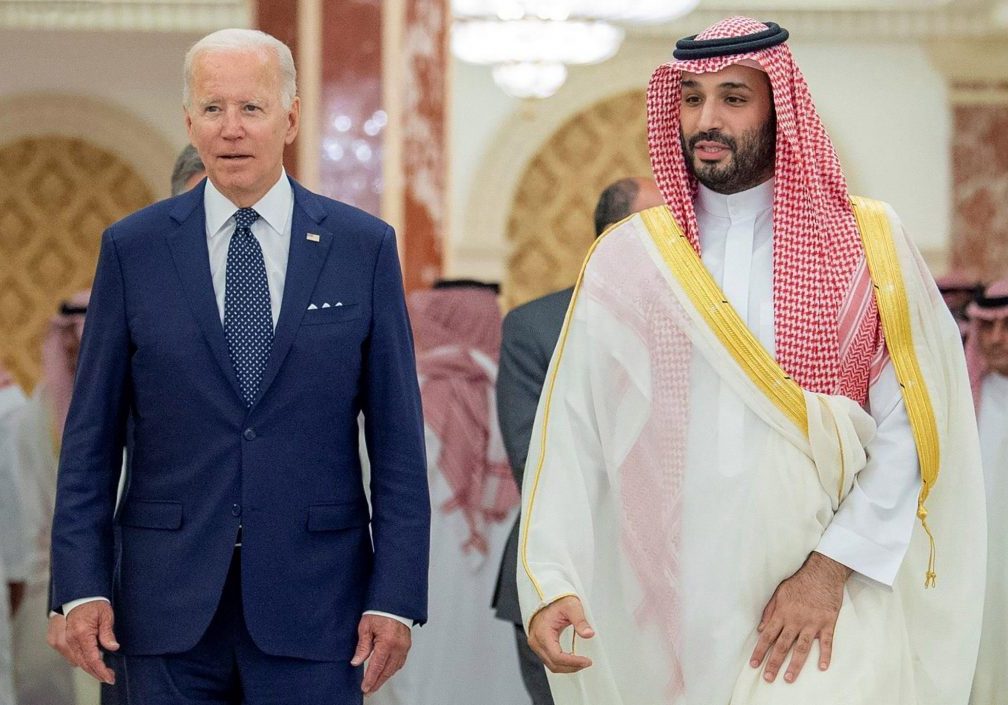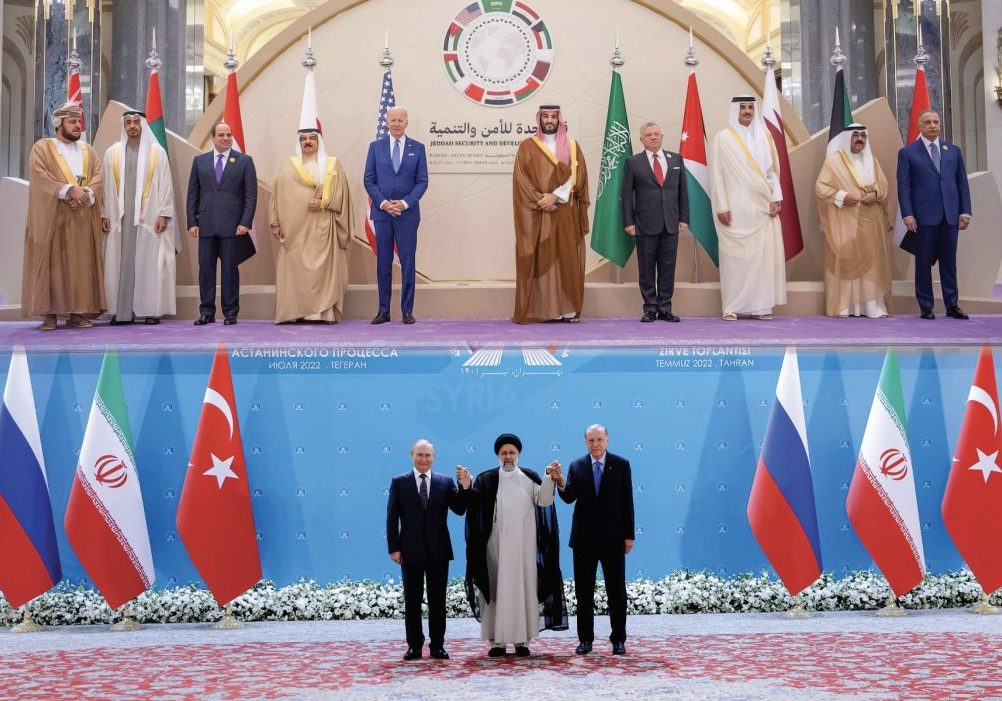Australia/Israel Review
Qatar, al-Jazeera and the Arab Spring
Jan 25, 2012 | Aymenn Jawad al-Tamimi

Aymenn Jawad al-Tamimi
How could Qatar’s foreign policy best be defined during the Arab Spring? In the midst of the conflict between Gaddafi’s forces and the rebels in the Libyan civil war, Qatar was hailed by US President Barack Obama in April for building a broad coalition of international support for the NATO campaign against Gaddafi. Obama also hailed the Emir of Qatar for supposedly being a pragmatic mediator and negotiator in the wider region.
Indeed, as the Guardian put it, the country has a reputation for “a cautious but active foreign policy.” Other analysts have seen Qatar as a nation playing both sides in the Middle Eastern Cold War between the Saudi-led “status-quo bloc” and the Iranian-led “resistance” bloc.
For example, although Qatar has maintained good economic and diplomatic ties with Teheran, it has also hosted American military bases and CENTCOM (the US military’s Central Command), besides having limited trade relations with Israel.
However, I prefer to advance the following thesis: Qatar’s foreign policy at present is based on the principle of promoting Sunni interests, and where possible, the interests of Sunni Islamists.
For instance, the country has come under criticism from some Western diplomats and the National Transitional Council (NTC) for its role in Libya. As the Wall Street Journal noted, Qatari aid circumvented the NTC, and was provided to independent rebel militias dominated by Islamist commanders.
Two individuals particularly favoured by Qatar are the Islamist leader of the Tripoli Military Council – Abdul-Aziz Belhaj, who is generally not trusted by rebels in and around Misrata – and Sheikh Ali Sallabi, a Libyan cleric currently living in Qatar’s capital with close ties to Belhaj. Tensions have emerged between Sallabi and Mahmoud Jabril, the interim Prime Minister for the NTC – described as a “tyrant in waiting” and part of a group of “extreme secularists” by Sallabi.
Meanwhile, when it came to the Syrian uprising, in which the Sunni Islamist Muslim Brotherhood could well be playing a prominent role in the opposition to the Alawite-dominated government, Qatar quickly transformed from an ally into a harsh critic of Assad’s regime. Al-Jazeera’s Arabic channel rapidly expanded its coverage of protests in Syria, and Sheikh Yusuf al-Qaradawi, host of al-Jazeera’s “Shari’a and Life” show, called for the Ba’athist regime to be removed from power and criticised Assad as someone “held prisoner by his entourage and the [Alawite] sect.”
His remarks particularly annoyed the Syrian Government, leading to a suspension of ties between Syria and Qatar as Assad reportedly told the Qatari Emir’s emissary that al-Qaradawi must apologise for his statements if there are going to be friendly relations again.
And so it is that al-Jazeera’s Arabic channel has been more than happy to provide coverage of demonstrations in Egypt, Tunisia, and Yemen, all of which are places where Sunni Islamists can be empowered (the Muslim Brotherhood, the Ennahda party, and the Islah party respectively). Yet al-Jazeera’s Arabic channel generally ignores the unrest in Bahrain and eastern Saudi Arabia, both with Shi’ite majorities protesting against Sunni rule.
Bahrain is a country marked by Sunni minority rule at the cost of significant sectarian discrimination against the Shi’ite majority. In fact, Qatar has even aided Saudi Arabia and the Gulf Cooperation Council in sending troops to assist the regime in quelling the protests.
As for eastern Saudi Arabia, a perusal of al-Jazeera’s Arabic news site reveals no coverage of protests there. As Asad Abu Khalil of “The Angry Arab News Service” noted, “to verify what is going on in Saudi Arabia, al-Jazeera asked its famous witness, Abu Muhammad in Idlib, if he saw protests from his window. Abu Muhammad said that he couldn’t see anything and al-Jazeera accordingly reported that all is well in the kingdom.”
Finally, in keeping with Qatar’s warm ties with Turkey under the Islamist AKP, al-Jazeera’s Arabic channel has tended to provide uncritical coverage of Prime Minister Erdogan’s efforts to bolster his image as a friend and helping hand for the Arab world, while not mentioning the water crises Turkey’s dam projects in Anatolia have helped to trigger in Iraq and Syria. To be sure, the policy predates the AKP Government’s accession to power in 2002, but has only expanded and accelerated under Erdogan.
Unfortunately, there has been a far too widespread tendency, both in the media and in policy circles, to see Qatar either as a moderate Western ally, or somehow as an advocate for liberal democracy and reform in the Middle East and North Africa. Rather, its Sunni sectarian and pro-Islamist agenda needs to be recognised.
Aymenn Jawad al-Tamimi is a student at Brasenose College, Oxford University, and an intern at the Middle East Forum. © Middle East Forum, reprinted by permission, all rights reserved.
Tags: Gulf states






